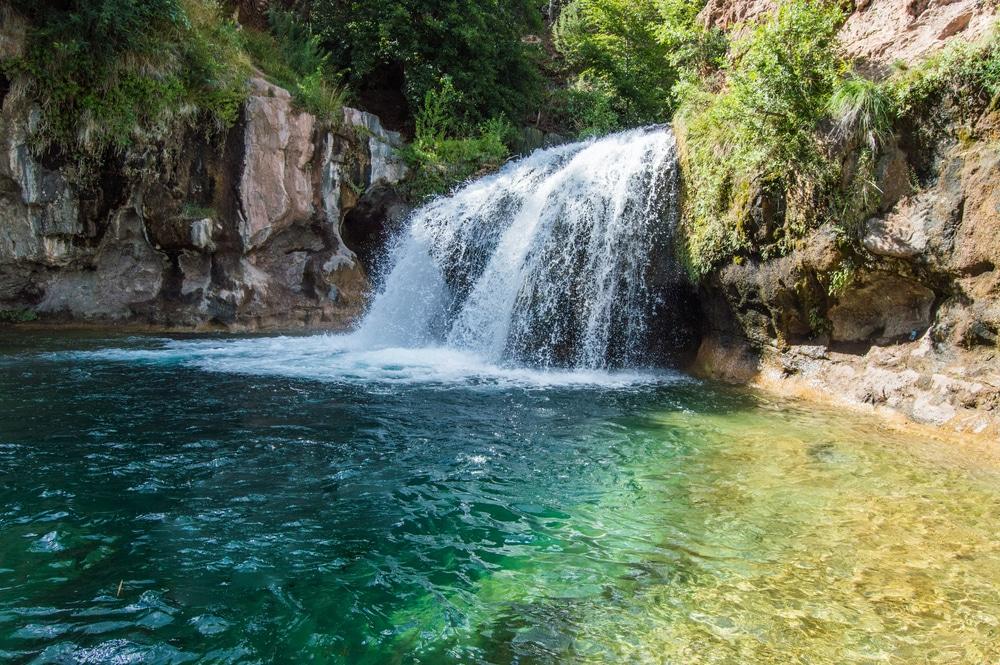By Scottsdale Pinetop
Many are familiar with the political slogan “Peace Dividend.” Popularized by President George H.W. Bush in the 1990’s, the term commonly refers to a state in which a country is no longer at war and its government can afford to reduce defense spending and reallocate it elsewhere.
On a much smaller scale, Arizona’s Fossil Creek is attempting to do the same thing. And while comparing one of Arizona’s tourist attractions to the United State’s defense spending might seem like a stretch, it is worth highlighting.

While there are a number of amazing and beautiful spots to visit in the Grand Canyon state, few are more spectacular than Fossil Creek. Located in the Coconino National, thousands of Arizonans and visitors make their way to Fossil Creek each year.
But as recreational activities began to increase in 2008, the accumulation of trash, traffic and damage to the forest became problematic for the area. To help combat the growing demand of visitors, the Forest Service implemented a reservation system.
Starting April 1st through October 1st, permits are required to visit the scenic hiking and swimming area. For years, park permits have cost $10. Each permit reserves one of the 148 available spots, keeping park capacities at roughly 170 per day. But for the first time since 2015, permits are cheaper. This year they will only cost $6.
The reason? According to George Jozens, deputy public affairs official for Coconino National Forest, the cost to manage the forest and streams is lower than anticipated and savings were passed on to the public. How novel. How refreshing. Like Fossil Creek. Rather than finding ways to pocket the extra cash for themselves, this government program decided to reallocate the savings back to those that pay for it in the first place. Understanding the importance of building positive relationships, this decision by the Forest Service is enhancing the experience for all and continuing to make Fossil Creek one of the best places in Arizona to visit. It’s too bad that other government programs and organizations can’t follow their noble example.

